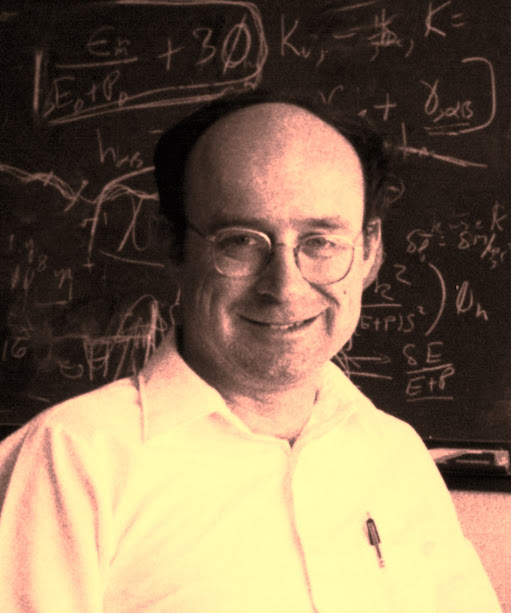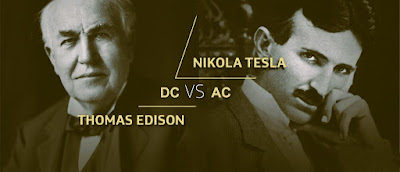The Scientist who Won Nobel Prize for Piece as well: Linus Pauling
Linus Pauling was a prominent American scientist, biochemist, peace activist, and author who lived from 1901 to 1994. His life and accomplishments touched several sectors and had a substantial effect in each.
Here are some highlights from his life and work:
Linus Pauling was born on February 28, 1901, in Portland, Oregon, United States.
He showed an early interest in science and went on to study chemical engineering at Oregon State University.
Later, he proceeded to the California Institute of Technology (Caltech), where he received his Ph.D. in physical chemistry in 1925.
Chemistry Contributions:
- Pauling's most significant contributions were in the realm of chemistry, namely the study of chemical bonding and molecular structure.
- He invented the notion of electronegativity, which explains why atoms in a chemical connection share electrons unequally.
- Pauling developed the idea of hybridization, which describes the mixing of atomic orbitals during bond formation to produce new hybrid orbitals.
- His research on the nature of chemical bonds and their applications to diverse substances had a significant impact on our knowledge of molecular structure and chemical reactivity.
Influence on Biochemistry and Medicine:
- Linus Pauling made significant advances to biochemistry, notably in understanding protein structure.
- In protein folding, he suggested the alpha helix and beta sheet as key structural motifs.
- His research on sickle cell anemia led to the revelation that it is caused by a change in hemoglobin structure, underscoring the importance of genetics in illness.
- Although several of Pauling's statements in this field were eventually refuted by scientific investigations, he advocated for the use of high dosages of vitamin C as a therapy for a variety of ailments.
Peace Activism and Nuclear Disarmament:
- In addition to his scientific accomplishments, Pauling was a vocal advocate for peace and nuclear disarmament.
- He grew very concerned about nuclear weapons and the radioactive fallout from nuclear testing.
- Pauling organized the "Scientists' Petition" to halt nuclear weapons testing, which received support from thousands of scientists throughout the world.
- He co-founded the International Physicians for the Prevention of Nuclear War (IPPNW), which won the Nobel Peace Prize in 1985.
- Pauling received the Nobel Peace Prize in 1962 for his advocacy and efforts to promote peace.
Later Years and Legacy:
- Pauling continued to publish and investigate different issues in his latter years, including orthomolecular medicine, which focuses on the utilization of natural chemicals for maximum health.
- "General Chemistry," "Vitamin C and the Common Cold," and "No More War!" were among his many writings on science, health, and peace.
- Linus Pauling died in Big Sur, California, on August 19, 1994, leaving a lasting impact on the disciplines of chemistry, biochemistry, the peace movement, and scientific education.
- Linus Pauling's work continues to impact and inspire scientists, and his commitment to fostering peace and advocating for the responsible use of science is a significant element of his legacy.




Comments
Post a Comment